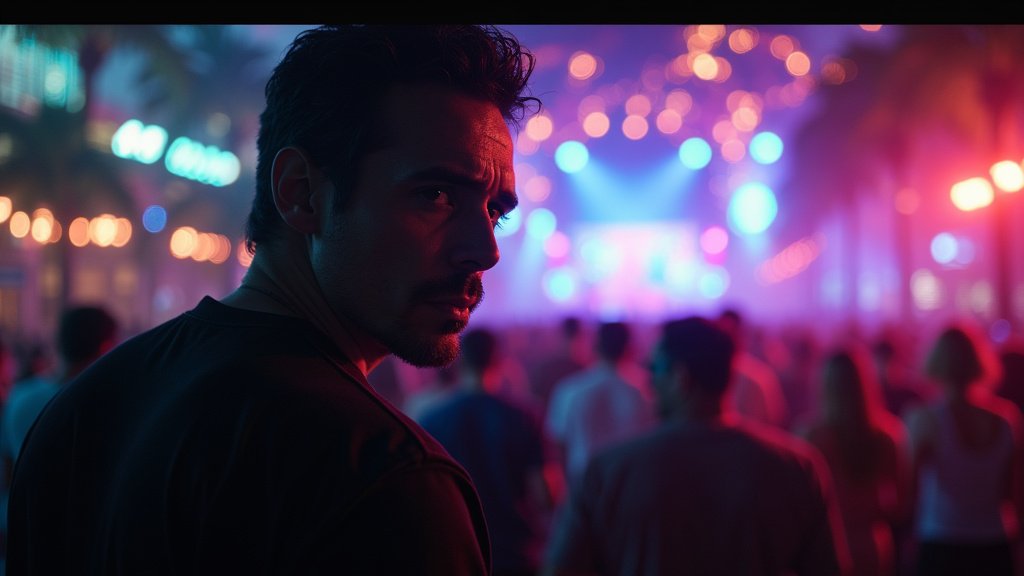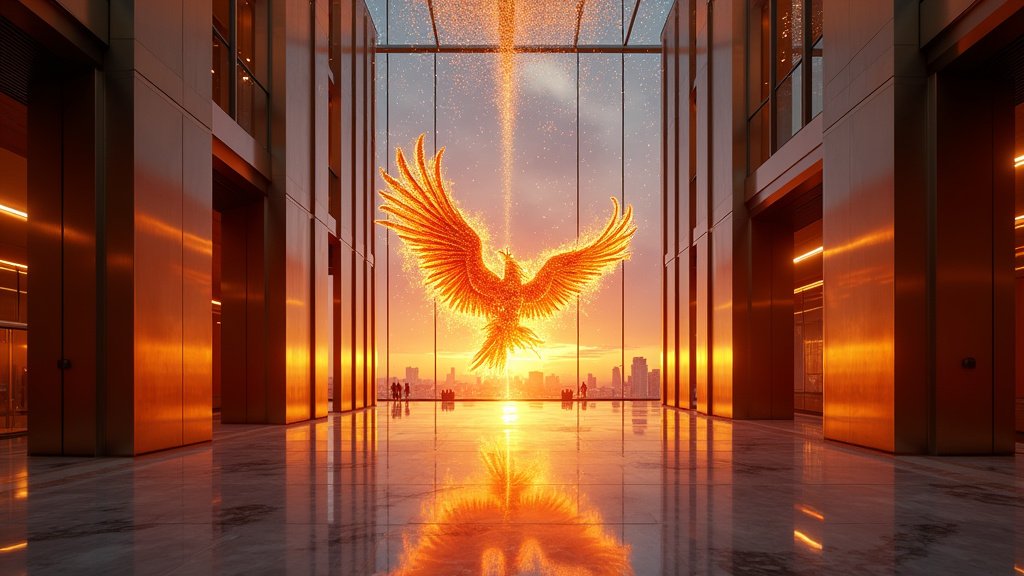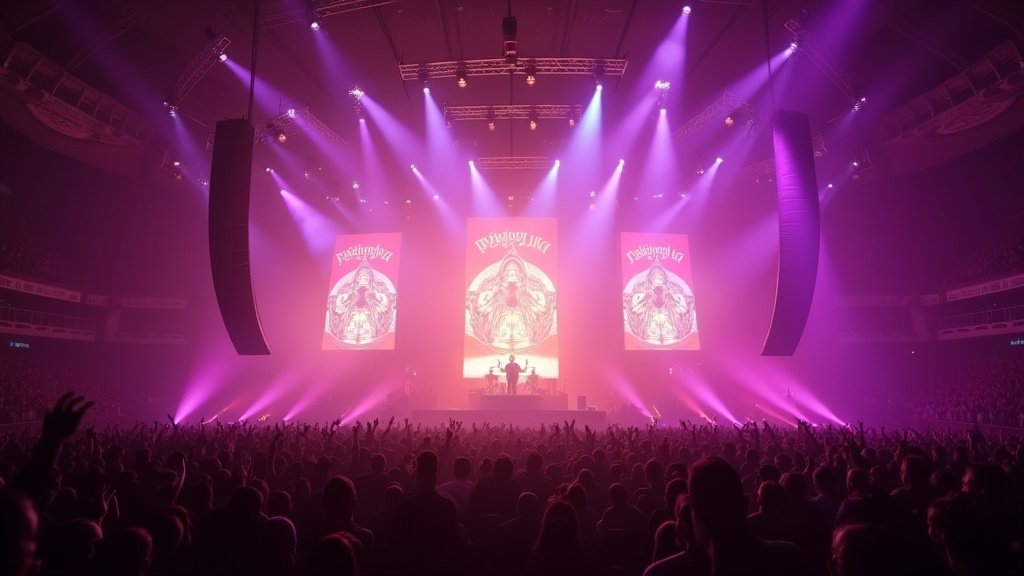A significant legal storm has erupted in the heart of Miami’s renowned nightlife and electronic music scene. Global dance music powerhouse Insomniac Events has filed a federal lawsuit against the operators of the iconic Club Space and the burgeoning Factory Town, signaling a bitter dispute over the control and future of these pivotal venues. The conflict pits Insomniac, known for events like Electric Daisy Carnival, against the local trio David Sinopoli, Davide L. Danese, and Jose Gabriel Coloma Cano—collectively referred to as “CDD” and part of the Link Miami Rebels collective.
Filed on August 4 in Florida federal court, the lawsuit alleges that CDD is attempting to seize total control of both Club Space and Factory Town, despite Insomniac’s substantial investment and instrumental role in elevating the enterprise. This news has sent ripples through the industry, highlighting the high stakes involved in Miami’s competitive music landscape.
The Genesis of a Partnership
The roots of this legal entanglement trace back to 2019 when Insomniac Events, a company with significant backing from Live Nation, announced its acquisition of a majority stake in Club Space. At the time, the partnership was heralded as a strategic move to ensure the long-term presence of the legendary downtown Miami venue, which first opened its doors in 2000. Club Space had undergone a significant revitalization in 2016 under the stewardship of CDD, often referred to as the “Space Invaders,” who breathed new life into the club through revamped decor, layout, and high-quality bookings. Insomniac CEO Pasquale Rotella publicly praised the trio for their exceptional work and shared vision for entertainment in Miami.
The initial collaboration appeared symbiotic. Insomniac’s deep pockets and global reach were seen as crucial for Club Space to navigate rising operational costs and neighborhood noise complaints—challenges that had previously led to the closure of other Miami venues. Insomniac claimed its involvement rescued CDD, who it alleged were “cruising in mediocrity” and operating Club Space “on a whim” without proper ownership interest in the brand. Following Insomniac’s investment, Club Space reportedly saw its revenue surge by an impressive 700% over the next six years, setting the stage for an ambitious expansion.
Allegations and Core Disputes
The current lawsuit reveals a stark contrast to the initial optimistic outlook. Insomniac alleges that the success of Club Space under their joint venture led to a new partnership for Factory Town, a newer addition to Miami’s music venue landscape. Insomniac claims it committed a staggering $40 million in funding to the Factory Town project. However, according to the lawsuit, CDD allegedly reneged on their commitments in 2024, backing out of the agreement and initiating “outrageous demands” for millions of dollars and increased ownership percentages.
Insomniac’s legal complaint asserts that these demands were made without any “credible misconduct or violations of contract” from their side. Furthermore, the lawsuit alleges that CDD resorted to threats, including a “smear campaign” against Insomniac CEO Pasquale Rotella and a “pre-planned press campaign” to exert pressure. Insomniac’s lawyers have framed the dispute not as a “David against Goliath” scenario, but as a case of “no good deed goes unpunished,” suggesting that the local promoters became overly ambitious after gaining significant wealth from the partnership.
The Defendants’ Stance and Broader Implications
While Insomniac’s lawsuit lays out a detailed narrative of alleged betrayal and attempted power grabs, a person reportedly with an interest in Club Space has offered a differing perspective, suggesting that it was Insomniac itself that caused the partnership to sour. Specific counter-allegations from CDD are yet to be fully detailed in public court documents, but this initial counter-narrative indicates a deeply contentious battle ahead.
This legal news carries significant implications for Miami’s vibrant music scene. Club Space stands as an institution, celebrated globally for its extended sets and open-air terrace, while Factory Town has quickly established itself as a major player. The outcome of this dispute could reshape the ownership and operational dynamics of two of the city’s most important electronic music venues. It also underscores the intricate and often volatile nature of business partnerships within the high-stakes world of live events, especially when substantial financial success is achieved.
The Road Ahead for Miami’s Nightlife
The legal proceedings are expected to be protracted and closely watched by industry insiders and music fans alike. For the city of Miami, which prides itself on its dynamic and world-renowned nightlife, the battle between these two titans of dance music represents an uncertain future for some of its most beloved establishments. As the federal court case unfolds, the broader electronic music community waits to see how this high-profile dispute will ultimately impact the future of these iconic Miami destinations and the wider landscape of live music in the region.





